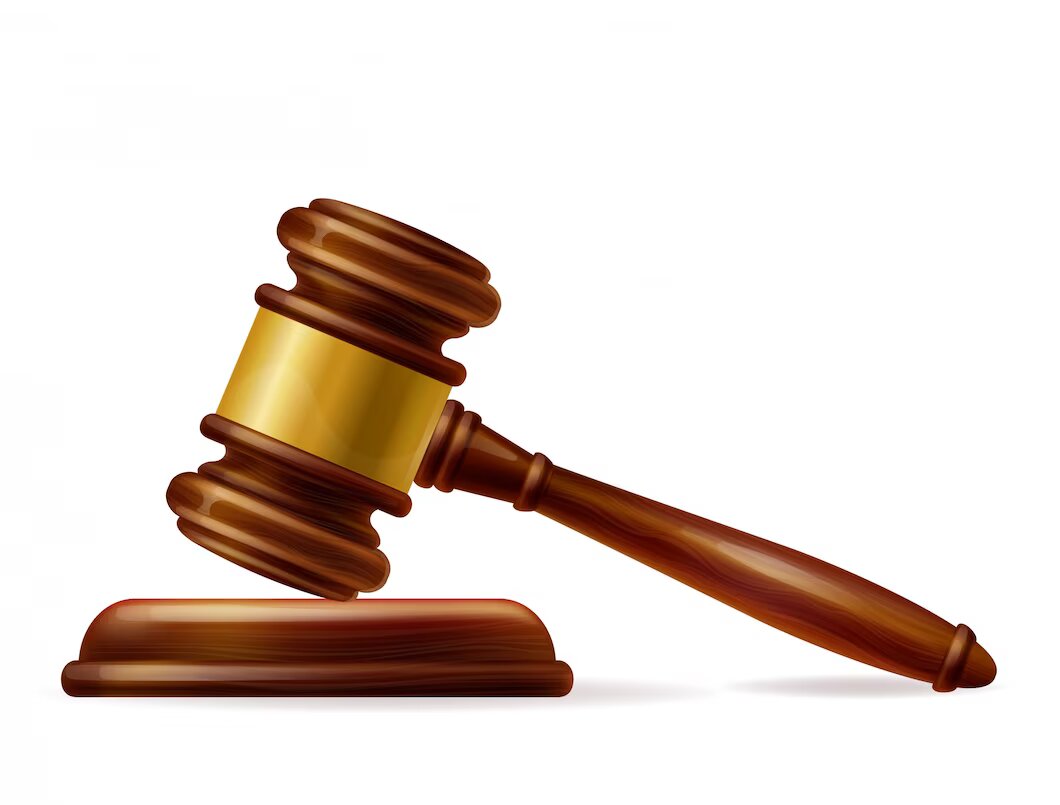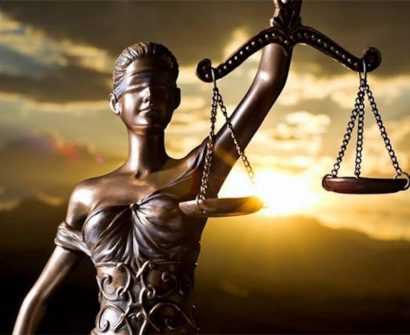
Gender awareness has long been lacking in Indian society, which is evident not only in the laws of the land but also in the general attitudes of the people. It will take special laws and regulations to protect the rights of those who identify as neither male nor female.
The experience of those who are often known as transgender individuals is one of unending suffering. They have had to deal with frequent physical and psychological abuse in addition to the denial of rights simply because they do not conform to the “norms” that the broader public accepts. Being viewed as social outcasts, they are excluded from all social, religious, and political activities in society.
national legal services authority vs union of india Case Facts
- The Petitioner, the National Legal Services Authority, was founded in 2012 with the goal of assisting disadvantaged social groups with legal needs. On behalf of the transgender community, the Petitioner filed a writ petition with the Supreme Court, claiming that persistent abuses of fundamental rights had occurred.
- The Kinnar group, which was also transgender, was the subject of a petition filed by the Poojaya Mata Nasib Kaur Ji Women Welfare Society, which also asked for comparable redress.
- Last but not least, Laxmi Narayan Tripathy, a Hijra, filed a petition to intervene on behalf of the transgender community.
national legal services authority vs union of india Issues
The issues that the Indian Supreme Court heard cases on were as follows:
- Whether the transgender community’s lack of acknowledgment was impairing their constitutionally guaranteed fundamental rights in India or not?
- If an individual is born into one gender and undergoes surgery to change it, they should be recognized as belonging to the other gender (for example, a male born into a female identity, or vice versa) or not?
- Whether the transgender community should be classified using a “third” gender or not?
Contentions by the Parties
Petitioner:
The petitioner stated they are denied basic rights because they are neither classified as male or female and aren’t even recognized as a third-gender individual. As a result, it transgresses Articles 14 and 19, which guarantee the right to equality, freedom of speech, and life and personal liberty, respectively. They need moral support in public spaces, healthcare, and education.
The petitioner’s principal arguments are as follows:
- Discrimination against the community occurs in a number of areas of life, such as housing and work.
- The diversity of gender identities and their manifestations is absent from the binary gender classification.
- The Indian Constitution’s protection of fundamental rights is violated by the marginalized treatment.
- The court should intervene to defend the rights of the third gender since the Indian government has not done enough to end the prejudice against them.
Respondent:
The state has established an Expert Committee under the Ministry of Social Justice and Empowerment, according to the Additional Solicitor General, who represented the Union of India in court. The group will address issues pertaining to transgender individuals.
The respondent’s principal arguments are as follows:
- The constitution already gives all of its inhabitants, including transgender persons, sufficient protection for their fundamental rights.
- The transgender individuals can be recognized and represented using the two categories of male and female; a third gender category is not necessary.
- From an administrative standpoint, the binary gender classification is identifiable as a third gender, which will lead to confusion and issues.
national legal services authority vs union of india Judgment
- A two-judge panel led by Justices K.S. Radhakrishnan and A.K. Sikri rendered their ruling in the NALSA case on April 15, 2014.
- Justice A.K. Sikri offered an additional commentary in a separate opinion.
- The court drew its precedent-setting decision from rulings rendered by foreign courts in Australia, Malaysia, England, Pakistan, and New Zealand.
- The court made a distinction between psychological and biological sex.
- The significance of gender identity based on psychological sex as opposed to biological sex was underscored by the court.
- International agreements, such as the Yogyakarta Principles, must to be acknowledged and harmonized with the essential liberties provided by the Indian Constitution.
- It was decided to treat eunuchs and transgender people as the “third gender.”
- People who identify as “third gender” or transgender are entitled to all of the rights specified by the constitution.
- Equal protection under the law is ensured for “any person,” including men, women, and transgender people, by article 14 of indian constitution.
- Everyone should have equal rights to healthcare, work, education, and civil rights.
- Gender discrimination, along with sexual orientation and gender identity discrimination, is illegal under article 14 of indian constitution, which stands for equality before the law.
- According to Article 19, transgender people are free to act, dress, and behave however they like.
- Under article 21 of Indian constitution, they also have the right to a dignified life.
- To provide equal access to healthcare and education for transgender people, the State and Federal Governments must fully recognize and legitimize transgender persons.
- The court issued a number of pronouncements and directives, including the establishment of distinct HIV sero-surveillance centers, the provision of proper hospital care for transsexual patients, and the construction of distinct public restrooms.
For the transgender community, which has long suffered prejudice and societal injustice in silence, the ruling has provided fresh hope. It would be impractical to think that the verdict will drastically change how the public views and handles transgender people. However, it is the first step towards addressing the historical injustices that transgender people have endured for many decades.
The ruling recognized the existence of the third gender and maintained the right to fundamental rights for them. Additionally, it instructed the state to provide welfare programs and reservations in order to improve them socially and economically. It aided in bringing non-binary people’s issues to light and encouraged changes that would acknowledge and embrace them as members of the community.
For any latest news, legal topics, judiciary exams notifications, patterns, etc watch Jyoti Judiciary’s YouTube channel for legal videos for any updates at https://youtube.com/@jyotijudiciarycoaching4852?si=2cwubh9d2A9urwJf









